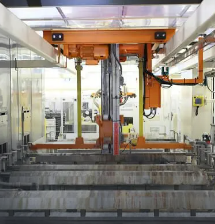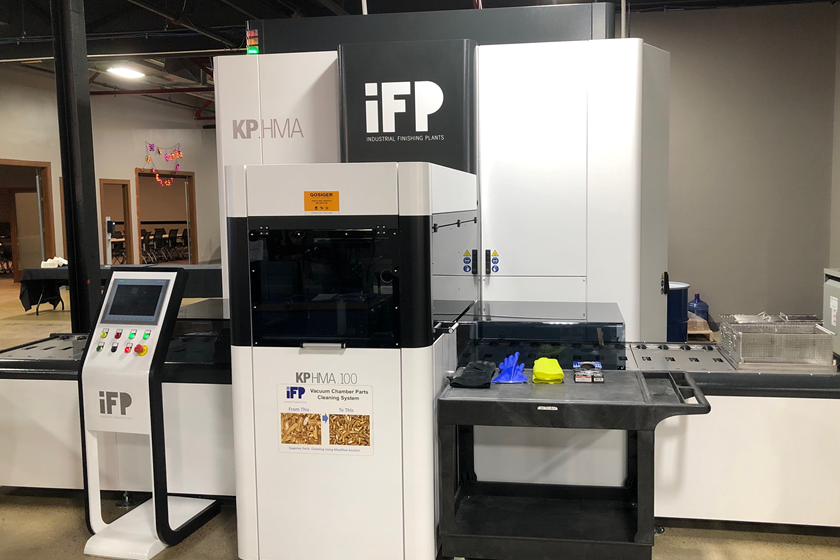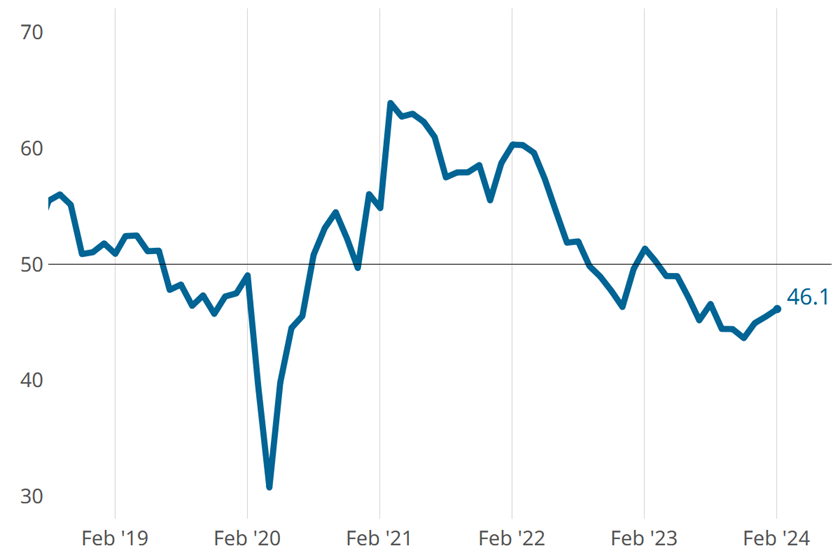On My Mind: SGP and MP&M Part II
In my January column, I wrote about my concern for how the proposed MP&M rule would affect SGP.
In my January column, I wrote about my concern for how the proposed MP&M rule would affect SGP.
Since that time, I've had some correspondence with EPA that has opened my eyes to the relationship between the proposed rule and SGP. My conclusion: participate in SGP and you might be able to avoid the MP&M regulations; fail to participate in SGP and EPA will want to slap the strict effluent guidelines of MP&M on you.
Featured Content
In a series of e-mails with an EPA director, it was repeatedly stated in a variety of ways that SGP was a bargaining tool for the finishing industry that would bring the industry more clout at the negotiating table. At one point, this EPA director stated that the best way for the finishing industry to deal with MP&M was to have continued SGP success.
A few days later, I received a memo, which supported the statements of the EPA director, from the National SGP Outreach Team. The memo stated that EPA was "soliciting comments on a possible P2 alternative in the MP&M proposal to help reduce the economic impact on metal finishing job shops and leverage the innovative environmental approaches (read SGP) that many finishers are already implementing." The memo went on to say that the proposed MP&M rule makes it an ideal time to become a member of SGP.
I'm in agreement with EPA about the potential value of SGP. And, I believe that leveraging SGP and the finishing industry's initiative and commitment to reduce pollution is one way to fight the MP&M rule. But, I don't like the way EPA is going about it, virtually nullifying our industry's efforts in creating SGP. Essentially, EPA wants to take a voluntary program (one that by many accounts is revolutionary in its attempt to bring together industry and regulators) and turn it into a quasi-voluntary program. Sure, you don't have to participate. But, if you don't, you're going to pay for it. One way or the other, EPA will get finishers to lower their discharge limits regardless of the benefits or potential costs. It's like a bully asking you to give him your lunch money, but you know he's going to punch you in the face whether you cooperate or not.
Again, I urge all finishers to send your comments to EPA at mpmcomments@epa.gov or Government Relations. The comment period will be open until May 3, 2001.


.JPG;width=70;height=70;mode=crop)
















